Title: Ramadan without Daddy
Author: Misbah Akhtar
Publishers: Djarabi Kitabs Publications
 Ramadan without Daddy is a story of a young family who learn to live without Daddy around because Mummy and Daddy have separated and divorced.
Ramadan without Daddy is a story of a young family who learn to live without Daddy around because Mummy and Daddy have separated and divorced.
The book brings to the forefront the emotional struggle and the changes that a family go through when a couple separate and it tries to deal with them in a child friendly manner.
The book begins with Danyal, the younger of the two children, asking where Daddy is. His sister Khadija explains that Daddy no longer lives with them because Mummy and Daddy are divorced. Mummy then explains that sometimes it’s better for Mummies and Daddies to live apart because living together makes them sad and unhappy.
There is a striking imagery about how if you try to place the right puzzle piece into the wrong hole, then it will never fit, no matter how hard you push it. And the harder you push you will not only be hurting the puzzle (metaphorically speaking) but you will end up hurting yourself too.
The story then develops into how the children cope without Daddy and how Mummy is coping, or not coping in some cases, without having Daddy around.
The book then ends with how Ramadan comes round and it is their first Ramadan as a family without Daddy at home. It’s sad because Mummy and the children miss having Daddy around but they make a promise that even though Daddy is not here, all will be ok and that they will deal with it as a family and become happy again.
Ramadan without Daddy deals with the very difficult issue of divorce in a Muslim family, which seems to have remained a taboo subject, even though the rate of divorce among Muslim families is steadily on the rise.
It’s a good book to teach Children that not all families have two parents and that sometimes parents do separate and things in the home can change. You can speak to children about friends and neighbours that may have faced divorce in the family and how they should be sensitive towards them if they are a bit down or sad.
Through the book you can also teach children about single parent families, step families, and even some families where grandparents or others are the primary carers of children. Although this book deals specifically with divorce, there are other reasons why children may only live in one parent families, for example the death of a parent, or a parent living abroad and so on.
Having said all of the above my only concern with the book is that it focuses a little too much on the negative impact that divorce can have on the family and how sad it can make everyone in the home.
Although in the end it gets to the part where things are starting to look better, I would have expected another page or two dedicated to how Mummy becomes Mummy again and cooks nice food for Iftar, and how Daddy starts to visit again and take the children for visits a few days a week. The father rarely features in the book other then in what Mummy says about him or in the children’s imagination of him in far away adventures.
A little more focus on the outcome and how things get back to some sense of normality would have left a more balanced message from the book.
Maybe it’s because I am a man that my judgement is slightly clouded, or probably because I have never had to go through the ordeal of divorce in my life.
 You can judge for yourself and see what you think of the book. Get a free copy of the book by entering our #Giveaway on the Blog, Facebook or Instagram. It’s very simple to enter:
You can judge for yourself and see what you think of the book. Get a free copy of the book by entering our #Giveaway on the Blog, Facebook or Instagram. It’s very simple to enter:
- 1. Repost our #Giveaway post
- 2. Tag @islamopedia and @djarabikpub
- 3. Let us know via a comment, DM or email that you have done the above.
Simples!
You can also purchase the book from Amazon using the link below:
https://goo.gl/fpHzgo








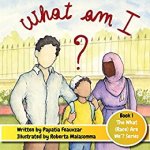 Find a minimum of six trusted beta readers. They can also be critique partners (CPs). If you pick the right people, you will receive less bad reviews when your book is published insha’Allah. Beta readers and CPs are important because they will help you polish your work before editing. Don’t think, ‘They will steal my work or my ideas.’ If you’re meant to write that story, no one can take it from you.
Find a minimum of six trusted beta readers. They can also be critique partners (CPs). If you pick the right people, you will receive less bad reviews when your book is published insha’Allah. Beta readers and CPs are important because they will help you polish your work before editing. Don’t think, ‘They will steal my work or my ideas.’ If you’re meant to write that story, no one can take it from you.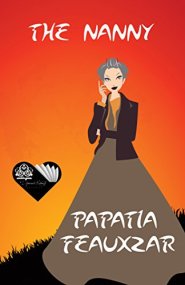 You can’t be a writer if you don’t read. The more you read, the more you stimulate your creative brains cells in my opinion. Reading makes you think of different ways a story line in a book you read could have gone. It also makes you think of other plot twists you would have wanted to read. And this triggers your own positive writing flow.
You can’t be a writer if you don’t read. The more you read, the more you stimulate your creative brains cells in my opinion. Reading makes you think of different ways a story line in a book you read could have gone. It also makes you think of other plot twists you would have wanted to read. And this triggers your own positive writing flow. 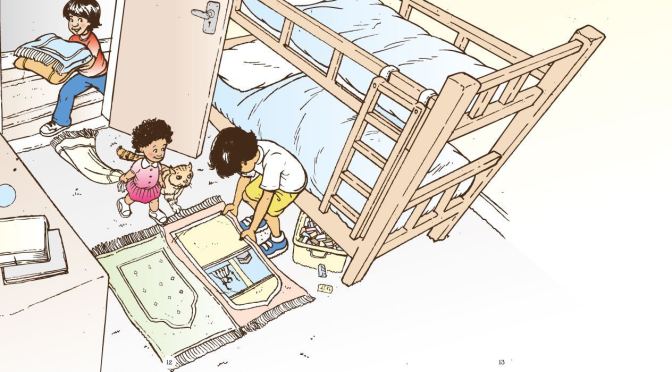
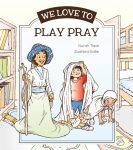 Alhamdu Lillah we are now in the month of Dhul Hijjah and we aim to continue our series on Top Writing Tips for a few more weeks before concluding the series insha Allah.
Alhamdu Lillah we are now in the month of Dhul Hijjah and we aim to continue our series on Top Writing Tips for a few more weeks before concluding the series insha Allah.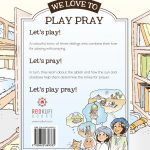 You can find more of Zaahied’s works on their website for
You can find more of Zaahied’s works on their website for 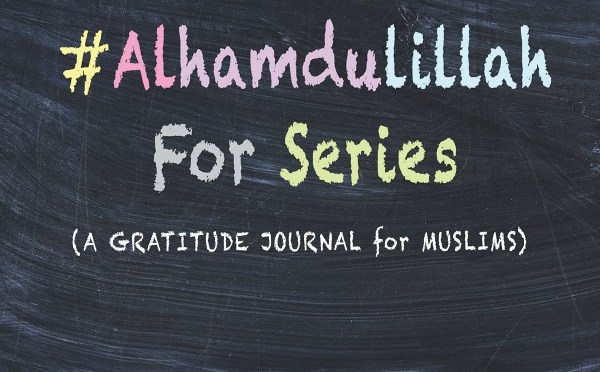
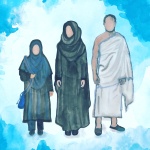
 Their book / journal entitled
Their book / journal entitled  They also run an annual competition called the ‘
They also run an annual competition called the ‘
 I was always a writer, I just didn’t know. I’ve always been writing poems since I was a teen, back then it was a coping mechanism for all the whirlwind emotions that I would feel day to day. It was only after I became a mother did I start taking a keen interest into what was out there for young mini Muslims. Every night I would read to my baby of a couple months and ideas would just come surging into my mind, rhythmic, fun, colourful ones! The stuff that children’s books are made of!
I was always a writer, I just didn’t know. I’ve always been writing poems since I was a teen, back then it was a coping mechanism for all the whirlwind emotions that I would feel day to day. It was only after I became a mother did I start taking a keen interest into what was out there for young mini Muslims. Every night I would read to my baby of a couple months and ideas would just come surging into my mind, rhythmic, fun, colourful ones! The stuff that children’s books are made of! ‘How can I become a writer? ‘ I hear you say?
‘How can I become a writer? ‘ I hear you say? Thank you to first time author, second time mom, third time sister, fourth time teacher Latifah for contributing your story and sharing your journey with us.
Thank you to first time author, second time mom, third time sister, fourth time teacher Latifah for contributing your story and sharing your journey with us.
 Ramadan without Daddy is a story of a young family who learn to live without Daddy around because Mummy and Daddy have separated and divorced.
Ramadan without Daddy is a story of a young family who learn to live without Daddy around because Mummy and Daddy have separated and divorced. You can judge for yourself and see what you think of the book. Get a free copy of the book by entering our #Giveaway on the
You can judge for yourself and see what you think of the book. Get a free copy of the book by entering our #Giveaway on the 

 They learn about the names of the five daily prayers, about the timings of the prayers, they learn about the Ka’bah as the Qibla and many other aspects of the Salah.
They learn about the names of the five daily prayers, about the timings of the prayers, they learn about the Ka’bah as the Qibla and many other aspects of the Salah.